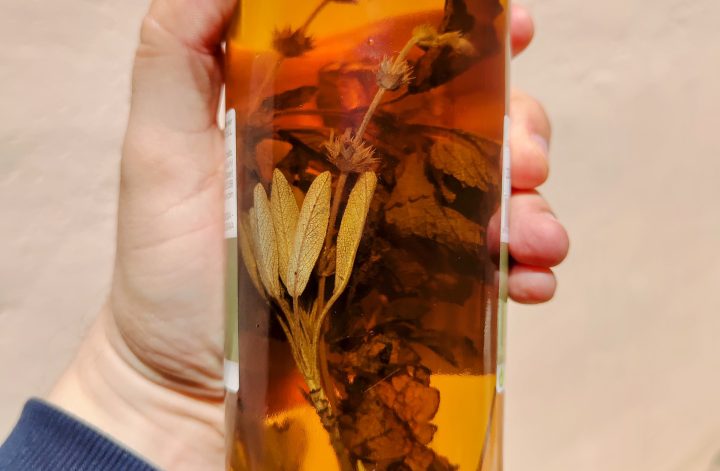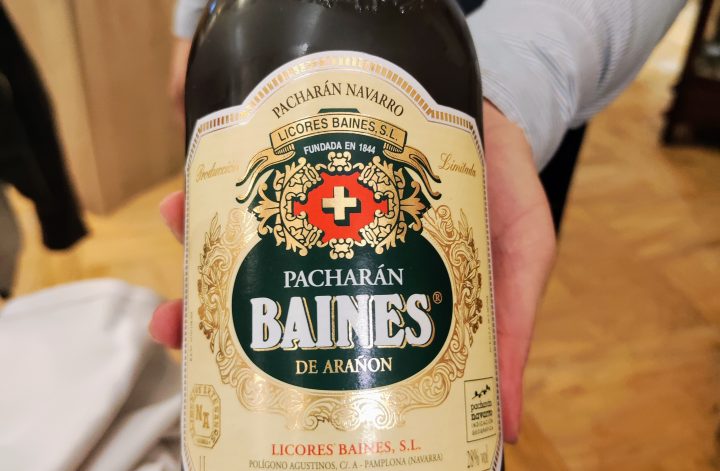Coca is a traditional pastry originating from the Valencian Community, which includes the provinces of Valencia, Alicante, and Castellón. Coca is always flat, but it can have various shapes, sizes, and fillings.

The base of coca is dough, to which various ingredients are added before baking in the oven, depending on regional customs. It can be tuna, vegetables, crumb topping, or a combination of cheese, meat, and other ingredients, similar to a pizza. Thanks to this versatility, there are many types of coca that can vary greatly in appearance. However, they all share a common base in the form of flat dough.

The name “coca” thus serves as an umbrella term for an entire category of this traditional pastry, regardless of its specific preparation.

Coca is very popular not only in the Valencian Community but also in nearby areas such as Catalonia and the Balearic Islands.

During my stay in Alicante, I tried several variations of coca pastry. I started with the most famous one, coca filled with tuna, which was excellent. In Alicante, there is even a prestigious competition for baking this version. I also tasted a delicious coca filled with a vegetable mix. The last version I tried, coca de mollitas, did not appeal to me as much. The plain dough sprinkled only with crumb topping just seemed too dry to me. However, it is said to be a very popular version of coca among the residents of Alicante and also a local specialty.
If you try this regional Spanish specialty in the Valencian Community, let me know your opinion. I am particularly interested in your thoughts on coca de mollitas 😊
Bon appétit!


